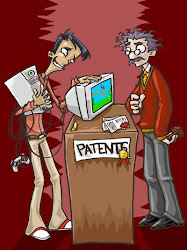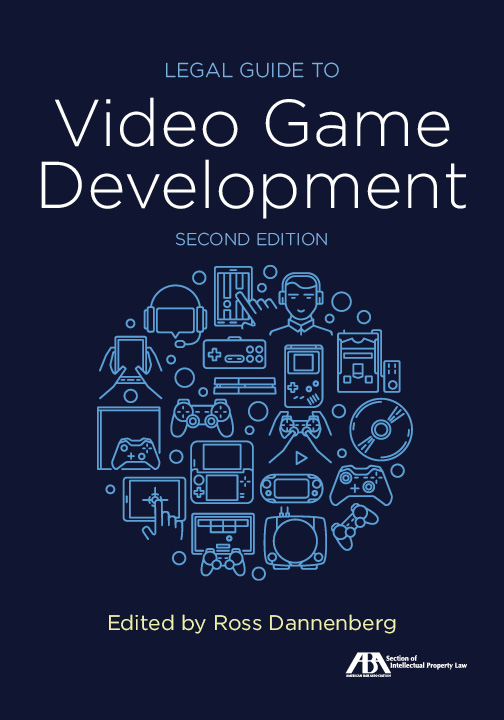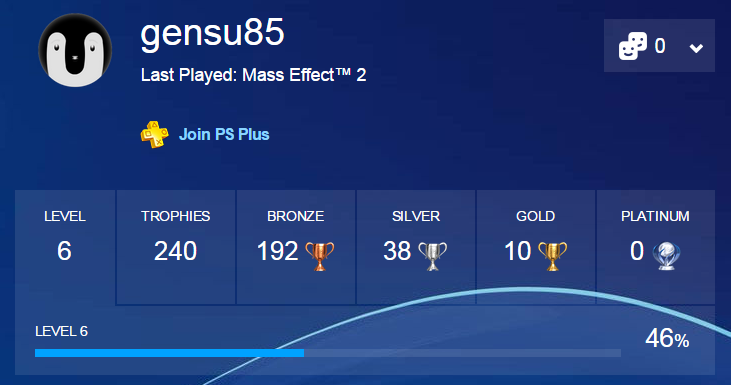A case with an interesting copyright twist has settled, thus scuttling our chance to see how a court would rule regarding copyright in cheat codes. In Allison v. Crave Online Media, David Allison owns or maintains cheatcc.com, a website that provides cheat codes for various video games. Allison sued Crave Online Media for allegedly copying the cheat code postings from cheatcc.com and putting them on its own web site. While Allison does not own the actual cheat codes (Allison is not a game developer), Allison claims Crave Online Media violated the copyright in the postings that included the cheat codes, to the extent there is additional copyrightable subject matter included in the postings. The extent of his copyright might be thin, however, since copyright does not protect underlying facts or ideas, it only protects their expression.
In any event, the guys over at the Davis & Company blog indicate that the parties have settled on undisclosed terms.
In any event, the guys over at the Davis & Company blog indicate that the parties have settled on undisclosed terms.




